From the age of 6, the capacity for reasoning begins to develop. Children ask big questions and need to find answers. With varied pedagogical proposals, we will satisfy their need to know the world from a global perspective, making them aware that they are part of it. Our educational project will have approved pedagogical objectives. It is developed through active, collaborative and transversal learning that through the application of diverse methodologies promotes the integral development of the eleven dimensions of conscious education.
From September 2025
We observe, empathise, dialogue and propose respectful learning experiences, co-creating an environment that stimulates children's natural growth. And we learn using Project and Challenge Based Learning (PBL/ABR), Design Thinking (DT) and developing Service-Learning which is of vital importance at this stage of entry into social life. At the same time, we encourage creativity through artistic expression in combination with the development of projects in all areas, using and taking advantage of mistakes as part of their formative process.
We have been inspired by Maria Montessori's structure of a prepared environment and learning mathematics with manipulative materials. We develop magnificent science workshops under the methodology of Herbert Hagstedt's learning workshop, which allows investigation and discovery in a playful, autonomous and experiential way. In addition, we are very aware of Howard Gardner's theory of Multiple Intelligences in relation to the development of diverse talents. And we practice ATB (Awareness through the body) to focus attention and concentration through dynamic games.
In Terra we do not speak of evaluation but of monitoring, which is crucial to accompany the individual process of each child. To develop our active monitoring system, we based our work on current regulations and on the theory of assessment promoted by experts like Dylan William. We use "self-monitoring", whereby each child assesses their process with the support of the learning coach. It also takes into account the "peer feedback" and the "mentoring with the reference learning coach-mentor", who offers a personalised itinerary according to the needs of each case.
At Terra we consider all spaces as learning spaces. These have been designed to encourage autonomous learning in different directions and rhythms, adapting to the diversity of the groups within each school stage. We have workshops for carpentry, art, cooking... We also have organic vegetable gardens and the possibility of going to the natural environment in the surroundings of the school. Through these sporadic outings in small groups, children are increasingly in contact with nature, which provides numerous educational opportunities.
We observe, empathise, dialogue and propose respectful learning experiences, co-creating an environment that stimulates children's natural growth. And we learn using Project and Challenge Based Learning (PBL/ABR), Design Thinking (DT) and developing Service-Learning which is of vital importance at this stage of entry into social life. At the same time, we encourage creativity through artistic expression in combination with the development of projects in all areas, using and taking advantage of mistakes as part of their formative process.
We have been inspired by Maria Montessori's structure of a prepared environment and learning mathematics with manipulative materials. We develop magnificent science workshops under the methodology of Herbert Hagstedt's learning workshop, which allows investigation and discovery in a playful, autonomous and experiential way. In addition, we are very aware of Howard Gardner's theory of Multiple Intelligences in relation to the development of diverse talents. And we practice ATB (Awareness through the body) to focus attention and concentration through dynamic games.
In Terra we do not speak of evaluation but of monitoring, which is crucial to accompany the individual process of each child. To develop our active monitoring system, we based our work on current regulations and on the theory of assessment promoted by experts like Dylan William. We use "self-monitoring", whereby each child assesses their process with the support of the learning coach. It also takes into account the "peer feedback" and the "mentoring with the reference learning coach-mentor", who offers a personalised itinerary according to the needs of each case.
At Terra we consider all spaces as learning spaces. These have been designed to encourage autonomous learning in different directions and rhythms, adapting to the diversity of the groups within each school stage. We have workshops for carpentry, art, cooking... We also have organic vegetable gardens and the possibility of going to the natural environment in the surroundings of the school. Through these sporadic outings in small groups, children are increasingly in contact with nature, which provides numerous educational opportunities.
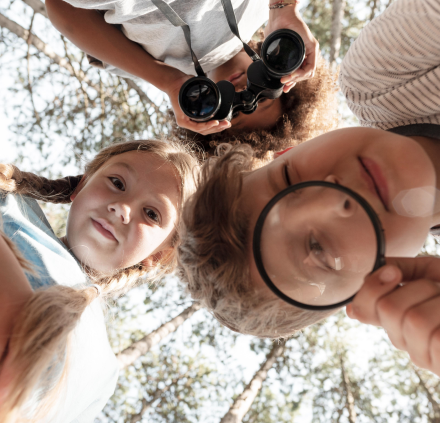
In two age groups: 6 to 8 years old (1st cycle) and 9 to 11 years old (2nd cycle), who sometimes learn in homogeneous or heterogeneous age groups. Learning to read and write and the development of more abstract mathematical-logical thinking are well-known challenges of the first cycle of primary education. Once acquired, children are able to develop much more autonomous and diversified learning. For this reason, in this cycle we organise the learning groups in both homogeneous and heterogeneous age groups in order to be able to attend to these needs in a more personalised way. In the second cycle, we organise most of the activities in heterogeneous age groups.
Nuestro proyecto educativo en primaria establece los pilares de las áreas básicas, que nos permiten construir conocimientos y aprender habilidades para desarrollar las once dimensiones de la Educación Consciente. En “Esencia Terra” tenemos diferentes talleres (cocina, carpintería, cerámica, pintura, huerto, robótica, teatro y experimentos) en los que aprendemos de un modo activo y nos encanta. Además, nos va muy bien porque cada día en “Raíces” relacionamos lo que hacemos en los talleres con conocimientos de matemáticas, música, ciencias, arte, historia y lenguaje. Y nos gusta mucho porque podemos aplicar lo que aprendemos en “Proyectos” de forma colaborativa, y entonces, entendemos el por qué y el para qué hacemos lo que hacemos.
Hacia el final del primer ciclo, utilizamos progresivamente nuevas tecnologías (TAC) para la búsqueda de información para desarrollar los proyectos y comunicar los resultados en presentaciones al grupo.
Por suerte, en Terra tenemos unos espacios de aprendizaje amplios que nos permiten movernos mientras aprendemos. Además, semanalmente hacemos deporte, yoga, natación y ATB.
Nos acompañan en nuestro proceso de autoconocimiento, creando un espacio seguro y de confianza en el que podemos identificar diferentes estados emocionales, aprendiendo a nombrarlos y a gestionarlos progresivamente. Desarrollamos estrategias para adquirir habilidades de autorregulación en diferentes situaciones, tanto de manera individual como en dinámicas grupales.
Las emociones están presentes en todos y cada uno de los ámbitos de nuestra vida. Por eso, las consideramos un elemento fundamental a tratar de un modo tanto explícito como implícito en nuestro día a día, por ejemplo en los círculos emocionales que realizamos semanalmente.
En Terra (Barcelona) aprendemos y hablamos en castellano, en inglés y en catalán. Los acompañantes aplican la metodología del Aprendizaje Integrado de contenidos y Lenguas Extranjeras (AICLE), originalmente en inglés Content Language Integrated Learning (CLIL). De forma simultánea tratamos contenidos relacionados con el currículum a la vez que aprendemos una lengua extranjera. Así desarrollamos las competencias de diversas áreas a través de la comunicación.
Contenido, cultura, comunicación y cognición son los cuatro componentes esenciales de la metodología AICLE.
(Coyle, 1999)
“La lengua extranjera ya no es una asignatura más que hay que aprobar, es un instrumento de comunicación, aprendizaje y diversión.”
(Manuel Gregorio Caballero Calavia)
Además, desde infantil seguimos aprendiendo a comunicarnos por signos.
Nuestros espacios de aprendizaje están equipados de gran diversidad de materiales didácticos en diferentes áreas (matemáticas, lenguaje, geografía, biología, historia, autoconocimiento y arte, entre otras), con los que podemos aprender a nuestro ritmo, de forma manipulativa y progresivamente autónoma. Además, nos encanta la cantidad de libros que tenemos a disposición para descubrir e investigar sobre nuestros intereses. Y en nuestros talleres experimentamos en diferentes disciplinas artísticas.
Esporádicamente, organizamos salidas en grupos reducidos para satisfacer necesidades puntuales de los proyectos que realizamos. A estas salidas las llamamos “goingouts”. Su objetivo es dinamizar el día a día y, sobre todo, evitar la rigidez de las salidas programadas que requieren mucha organización. Además, queremos ampliar el entorno de aprendizaje al mundo exterior de la escuela, que es donde la vida acontece.
De una conversación en un círculo o en un grupo reducido nacen preguntas que se responden con más preguntas, generando la curiosidad que el proceso de aprendizaje requiere. En muchas ocasiones las respuestas residen en llevar a cabo experimentos o investigaciones que requieren salir de la escuela y en Terra impulsan este tipo de experiencias.
Our priority is that children enjoy and actively participate in their development process. Learning is a means that provides them with perspectives to explore and discover their talents and strengths, overcoming the challenges they may face. We accompany them in this process.
We offer total transparency to the children and their families about pedagogical objectives, which act as a compass along with their interests, both in the learning process and in accompaniment. To this end, we use rubrics that link the specific competencies by curricular areas and the 11 dimensions as a guiding and monitoring instrument.
Through individual mentoring, we encourage reflection on one’s own process in a progressively autonomous way. In addition, we open spaces for group feedback, in which children learn to reflect on the processes of their peers, establishing a culture of respect, trust and constructive support.
We focus on observing the process of each child in a personalised way, being aware of the diversity of learning styles and rhythms. We monitor the progress, identifying individual needs and maintaining constant communication within the pedagogical team.
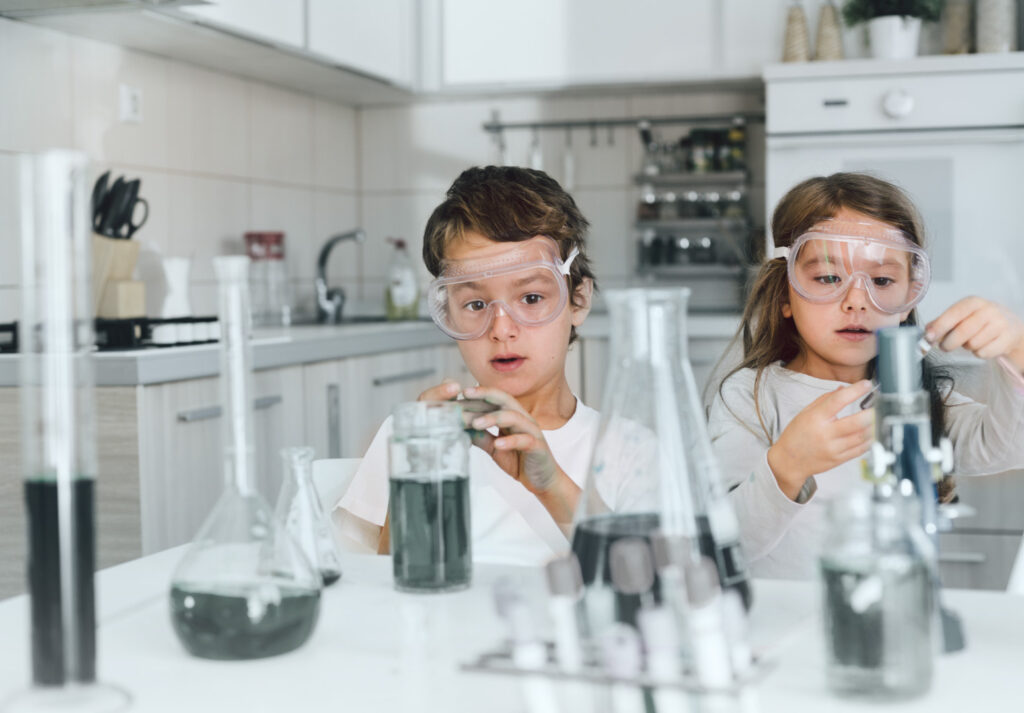
We develop competencies through playful and experiential learning through projects, workshops, outings, presentations and social action, encouraging children to understand the "why" and "what for" of what they learn.
It can be said louder but not clearer: Healthy relationships = healthy communication + mutual respect + trust. Through empathy and dialogue, we encourage horizontality, we all learn from each other and we love it.
We answer your questions with more questions. We foster their reflective capacity through dialogue and stimulate multiple avenues of exploration and knowledge. We maximise your creativity in all areas and think outside the box.
The development of a healthy self-esteem is fundamental for children to be aware of their potential. We create a safe environment where your talents are recognised and mistakes are considered a symptom of learning.
In this free online course Terra's founder, Borja Vilaseca, shares 7 keys for families to become the change they want to see in their sons and daughters.
Lorem ipsum dolor sit amet, consectetur adipiscing elit. Aliquam orci dolor non urna, donec nisi, a id. Tellus risus scelerisque sit donec. Turpis dui lobortis in neque, sit sollicitudin id sed.
Lorem ipsum dolor sit amet, consectetur adipiscing elit. Cursus in duis in tortor congue massa diam semper adipiscing. Tincidunt nisi, pharetra feugiat ultricies proin ...
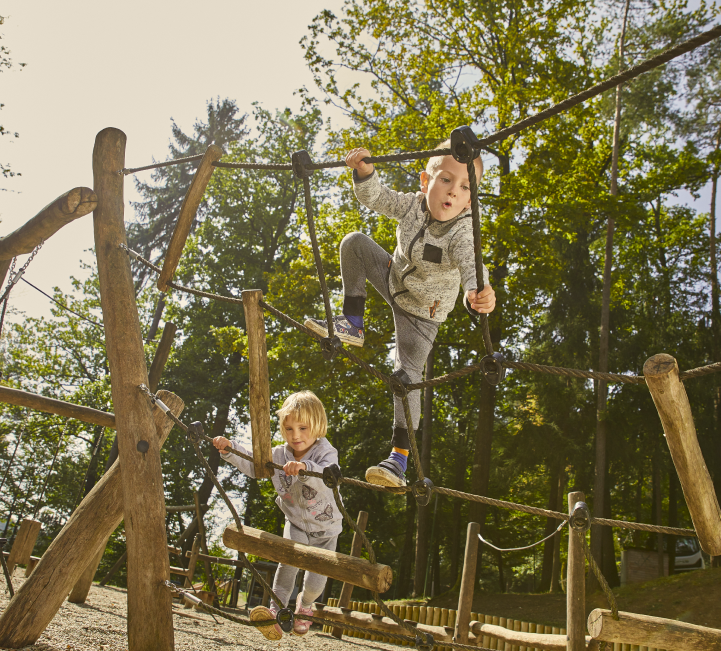
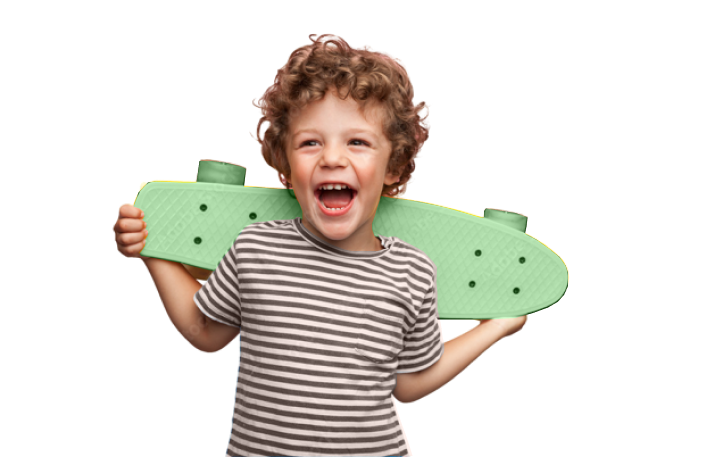
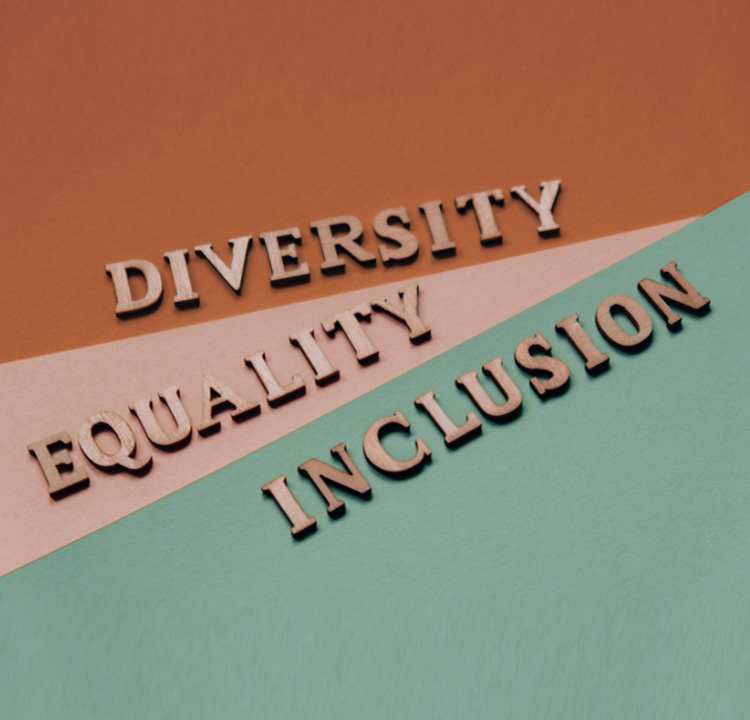
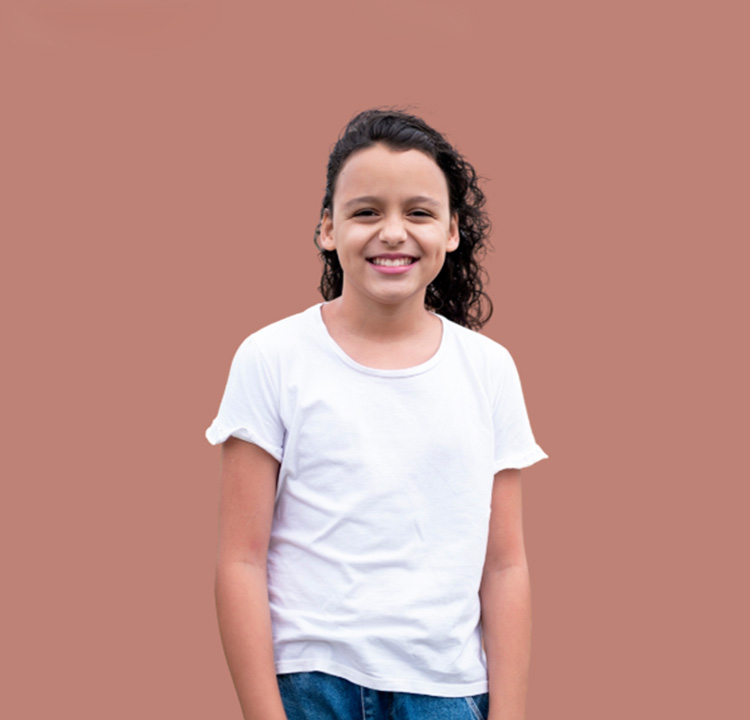
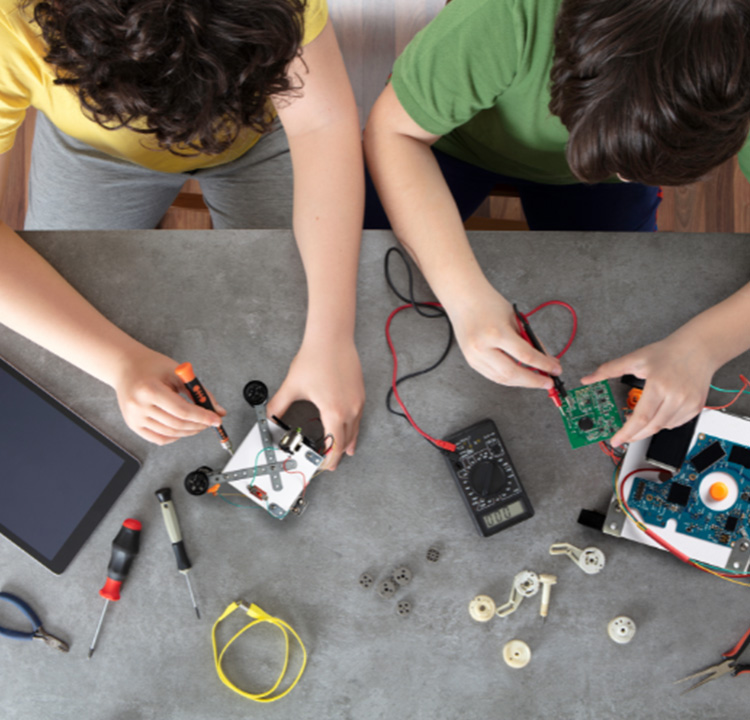
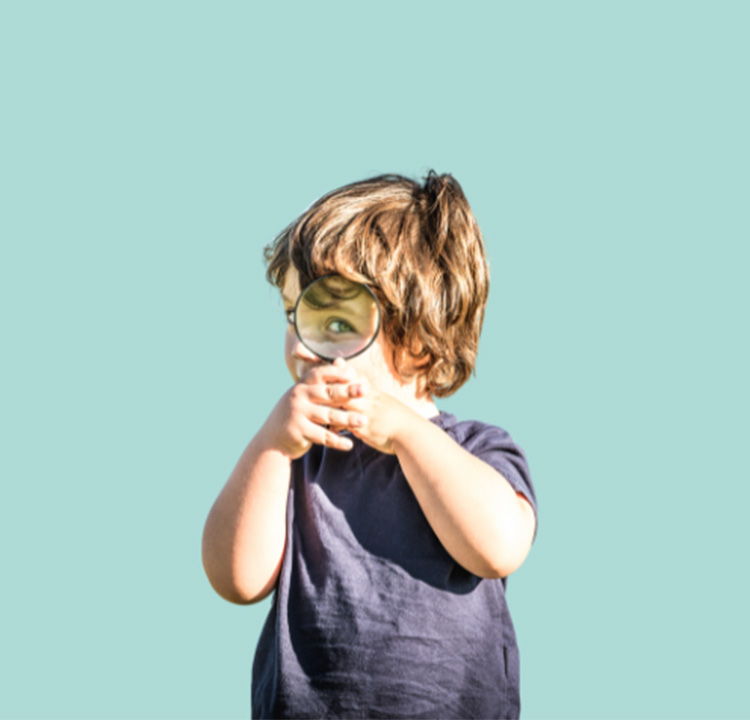

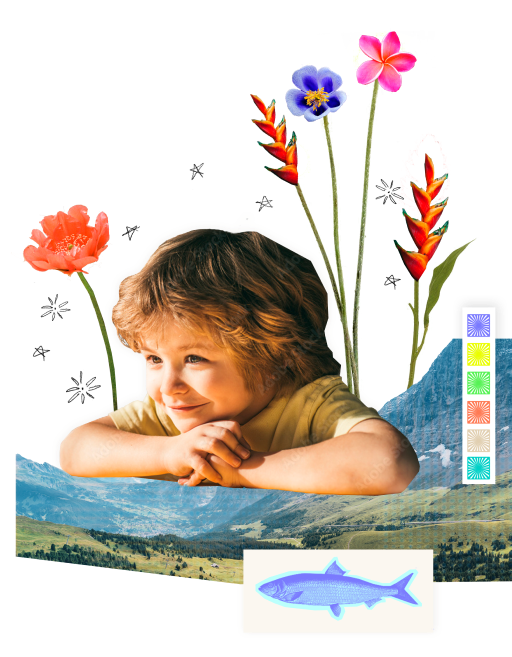
Do you want to collaborate with a donation?